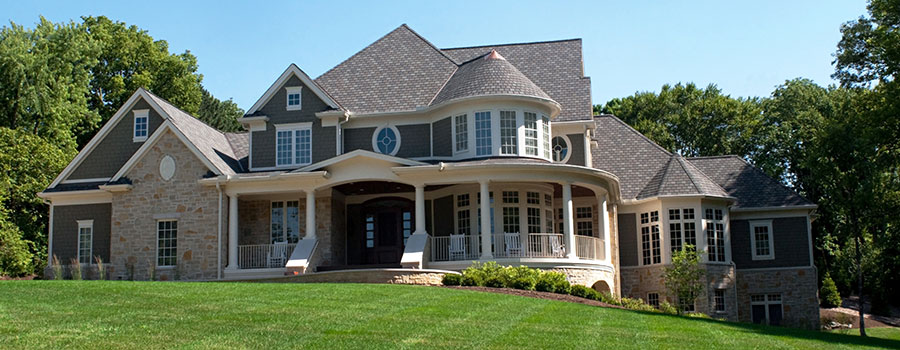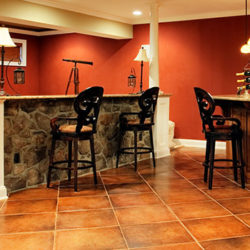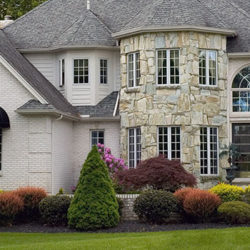Any homeowner looking to increase the size of their house is confused about whether they should build their home out or up. If you are in such a situation, you should know that if you are looking to save money, you are always better off going up.
Besides saving you money when you build up, home addition contractors observe that you don’t need to worry about zoning restrictions as you aren’t expanding your house’s footprint.
Building your house up also means you don’t have to give up any of your yard for the new foundation. This means that you retain your yard while adding more space to your home.
Best practices when building your house up
You need to consider several tips to get the most from your addition. These tips include:
Work with an experienced professional
As much as it’s cheaper to build up, adding another floor isn’t an easy project. For one, you must remove the roof and then rebuild it completely. You also need to have extensive architectural and structural plans.
For your project to be safe, you should work with an experienced professional who knows what they are doing. The professional should inspect your current house and determine whether it needs additional beams and whether the foundation needs footings poured to carry the extra weight.
When hiring the contractor, hire an experienced one that has handled similar projects before. You don’t want to hire a novice who ends up botching the project you spent a fortune on.
Move out of the house.
Unlike adding the extra house outwards, adding the house upwards means you have to get out of the house. For once, it will be safer for you as you will have to remove the roof, and you can’t live in a roofless house, can you?
The contractor will also use machines to add the extra floor, which might be unsafe for you.
As you plan for the new addition, consider the hotel budget, as you will stay in the hotel for some time until the house is safe for you.
While at it, also consider the storage costs. Your furniture and appliances will get damaged if you leave them inside the house, so you will need to remove them and store them in a safe place you will most likely pay for.
Always plan for this as you are planning for the addition. The last thing you want is to find out that you don’t have hotel or storage money and are forced to stall your project in the middle.
Have a solid budget
Yes, building up is cheaper, but you still need to spend money on the project. To ensure that you see your project to completion, you should have a solid budget.
When coming up with the budget, consider the cost of adding a staircase, hiring engineers, paying for building permits, installing a new heating and cooling system, repairing the house, removing and storing personal items, and many other costs.
Many homeowners are excited to start their projects, but you shouldn’t. Take time and have a sitting with an experienced contractor. Go over all the costs involved and only begin your project once you have ascertained that you have enough money for it.
Experts recommend that you have at least 20% more of your budget to cater to any surprises that might come about.
Always use high-quality materials.
Some homeowners try to cut costs using low-quality building materials, but you shouldn’t. At all times, use high-quality materials.
Using high-quality materials in your home addition project comes with plenty of benefits. First, high-quality materials tend to be more durable and long-lasting, which means that you can expect your home addition to standing the test of time.
High-quality materials also improve your home’s energy efficiency, as they are more effective at insulating and sealing your home. This can help to reduce your energy costs and make your home more comfortable to live in.
The high-quality materials add value to your home. If you decide to sell your home in the future, buyers may be willing to pay more for a house built with high-quality materials, as they know that the addition will be more durable and require less maintenance.
You can use many different types of materials in your home addition, including wood, brick, stone, concrete, and more.
There is no right or wrong material—it all depends on the specific needs of your home and the type of addition you are building.
Regardless of the materials you settle for, ensure they are put in place by experienced home addition companies DC.



